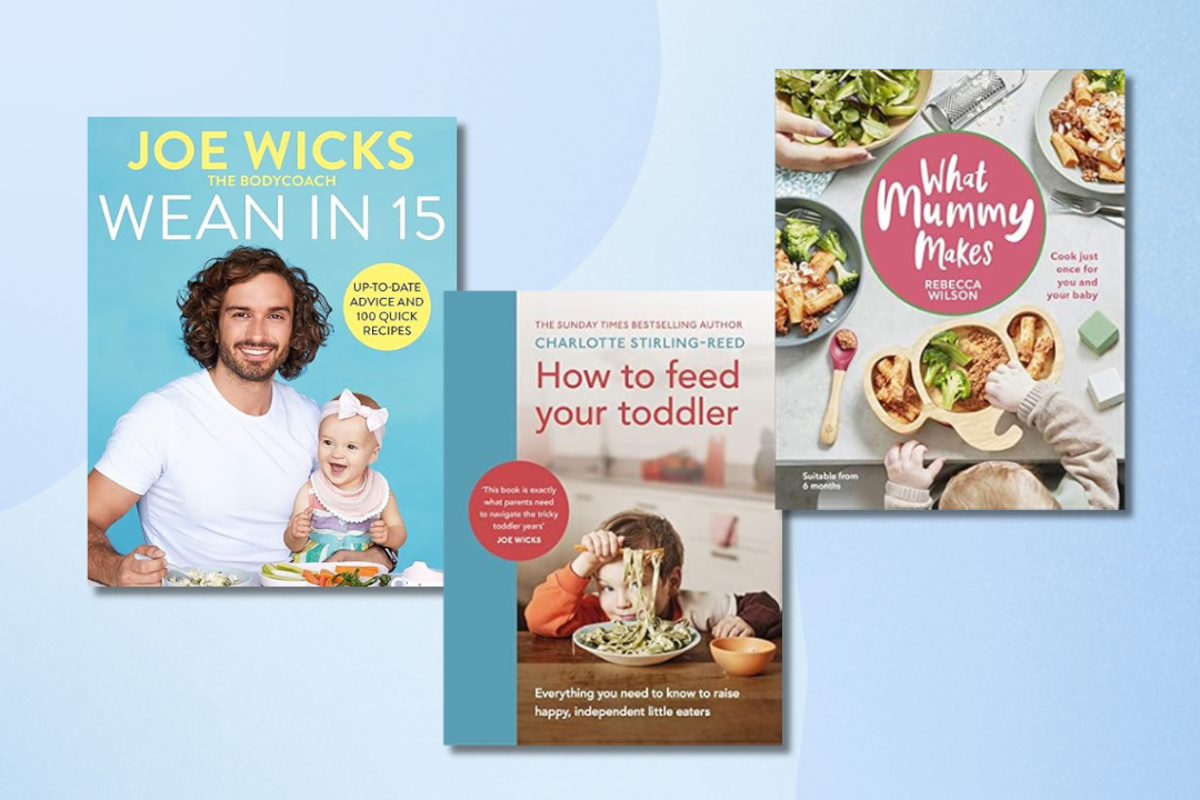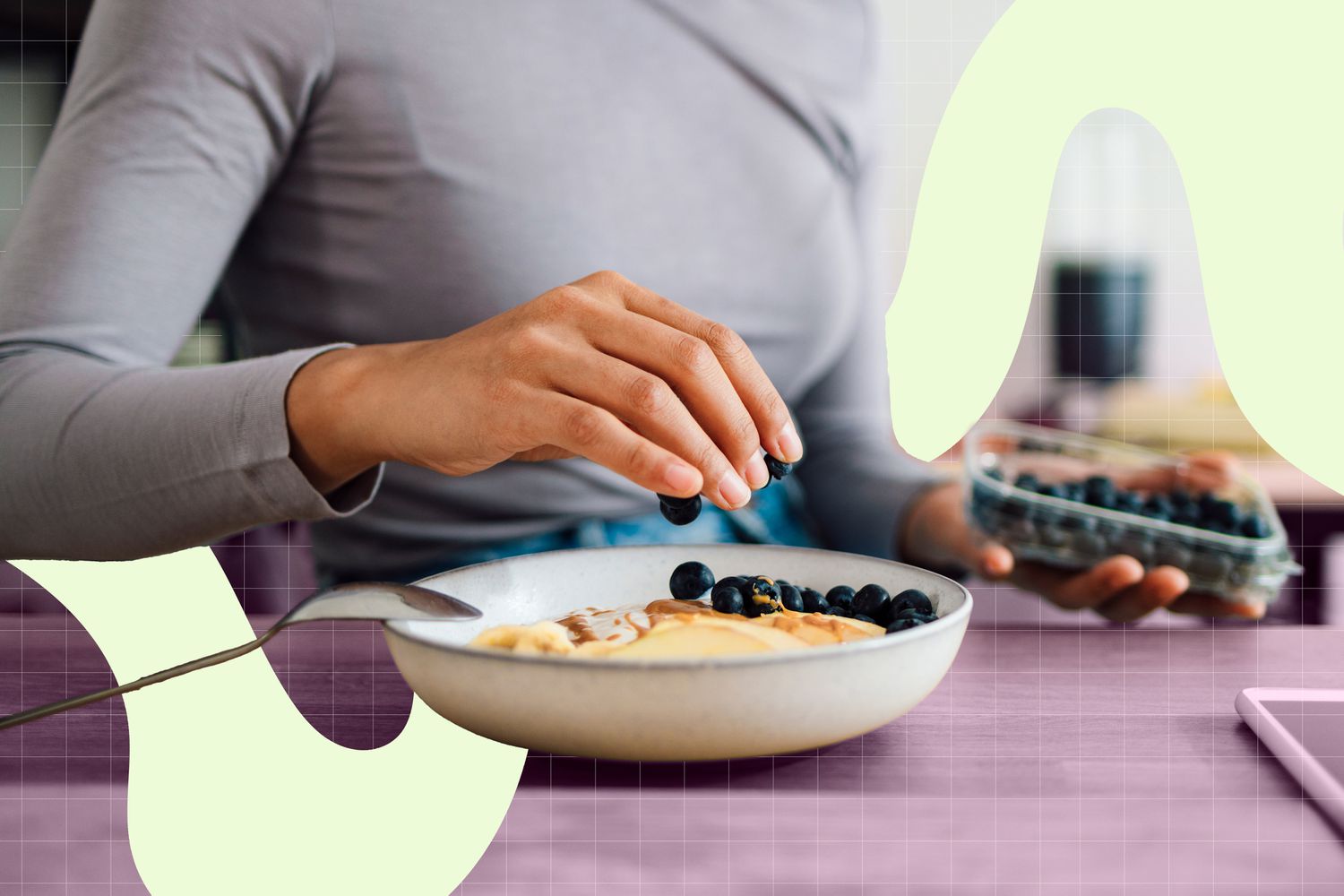Though baby food in plastic pouches has made mealtimes easy and convenient for parents across the UK, an investigation by BBC Panorama has found that baby food from several leading brands offers scant nutritional value and contains shocking amounts of sugar.
Pouches of baby food from the likes of Ella’s Kitchen, Heinz, Piccolo, Little Freddie, Aldi and Lidl were tested and found lacking in essential nutrients. A “pure mango” pouch from Piccolo contained less than 0.1mg of vitamin C – a fresh mango contains 18.2mg.
Many of these brands are marketed as healthy alternatives to homemade food, but critics argue that a mixture of greenwashing, wellness washing and halo marketing could be responsible for poor health from infancy.
“The findings are concerning,” says nutritionist Claire Johnson. “Many of these convenient, squeezable products are low in essential nutrients such as iron and vitamin C, both of which are vital for babies’ brain development, immune function and overall growth.”
“Even more troubling is that some products contain levels of free sugars that exceed what a one-year-old should consume in an entire day, despite being labelled as ‘no added sugar’. This matters. Nutrition during the first 1,000 days of life (from conception to a child’s second birthday) is critical for healthy development and long-term health. Poor-quality food choices during this window can have lasting effects on a child’s physical, emotional, and cognitive development,” says Johnson.
The National Institute for Health and Care Excellence guidelines state you should start weaning at six months. So what does optimal nutrition look like for under-twos?
“Toddlers and babies have high nutritional needs but small appetites, meaning every bite counts,” says Johnson. “The goal is to offer nutrient-dense foods regularly.”
Key nutrients include –
Iron, which is crucial for brain development and energy
Vitamin C, which supports immunity and helps absorb iron
Healthy fats for brain and nervous system development
Zinc, calcium, iodine and B vitamins for bone health, immune function, and metabolism
Of course, ready-made foods can make life much easier, especially when you’re on a tight schedule or just feeling exhausted. But early in life, it’s important to strike a balance. The key is weaning using quick recipes or foods you’re already cooking at home so that you can incorporate more whole foods, more high-quality nutrients, less sugar and more of the foods that support healthy development.
Below, Jonson recommends the best recipe books for healthy weaning, tips on what to eat, how to shop, and the red flags to watch out for when shopping for baby food.


